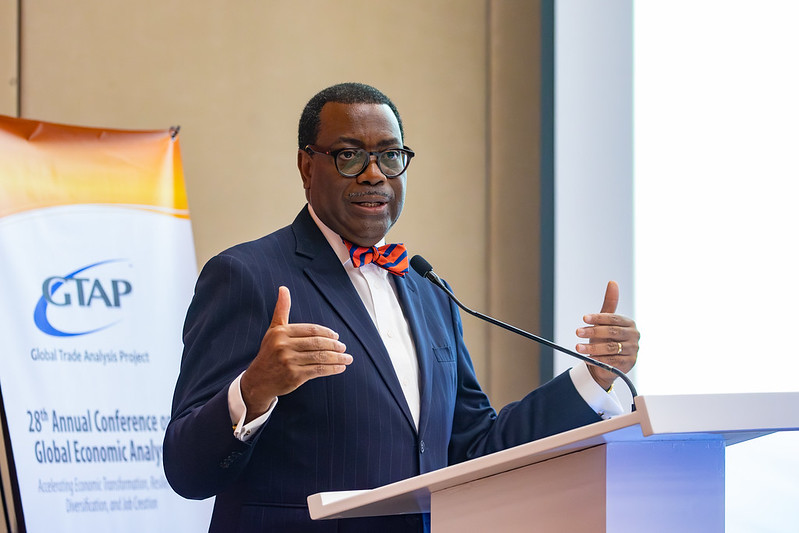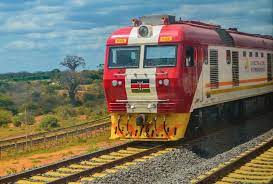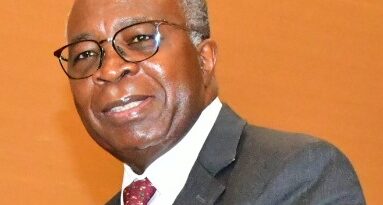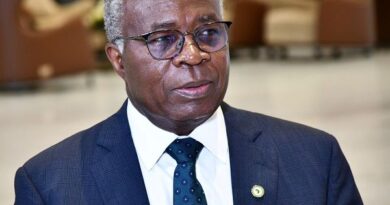Adesina Calls for Greater African Self-Reliance Amid Global Turmoil
African Development Bank President Dr. Akinwumi Adesina has issued a clarion call for Africa to take charge of its future amid rising global economic uncertainty. Speaking at the 28th Annual Conference on Global Economic Analysis held in Kigali from June 25 to 27, Adesina emphasized the urgent need for the continent to rely on investment-driven growth rather than foreign aid.
“Africa must chart its future, relying not on the benevolence of others, but on its own determination,” Adesina said in his keynote address to the high-level gathering of global economists and policymakers. The conference was co-hosted by the United Nations Economic Commission for Africa and Purdue University’s Global Economic Analysis Project.
Highlighting recent global disruptions—from tariffs and geopolitical tensions to climate shocks—Adesina warned that Africa’s economic vulnerabilities will deepen unless countries adopt bold, investment-focused strategies. “The era of aid or free money is gone. African countries must now learn to develop via the discipline of investments,” he asserted.
Rwanda’s National Treasury Minister Godfrey Kabera echoed the concern, noting that global uncertainties are testing African economies through unstable commodity prices and disrupted trade routes. He praised the conference for promoting timely knowledge exchange amid complex development challenges.
Adesina urged African nations to shift from exporting raw materials to value-added production, describing this transformation as essential for building wealth. “The export of raw materials is the door to poverty. The export of value-added products is the highway to wealth,” he said.
He also emphasized the potential of the African Continental Free Trade Area (AfCFTA) to spur inclusive economic growth. With a combined market value of $3.4 trillion, full implementation of AfCFTA could boost intra-African trade by 50%, lift 50 million people out of poverty, and create 14 million jobs.
Adesina praised the recent establishment of the African Credit Risk Agency, an initiative he has long championed. The agency aims to correct biases by international credit rating agencies that often inflate borrowing costs for African nations. Citing Moody’s Analytics, he noted Africa’s infrastructure investment default risk is the world’s lowest at 1.9%, compared to up to 12% in advanced economies.
Stephen Karingi, Director of Regional Integration and Trade at the UN Economic Commission for Africa, called for deeper collaboration between researchers and policymakers to advance Africa’s development agenda.
“As we explore global dynamics of trade, climate, and development, let us remember the power of collaboration between data scientists, economists, and policymakers,” he said.
The Global Trade Analysis Project, established in 1992, continues to play a central role in driving evidence-based economic policy. With a network of over 32,000 researchers, the platform promotes informed decision-making for sustainable development across the globe.



